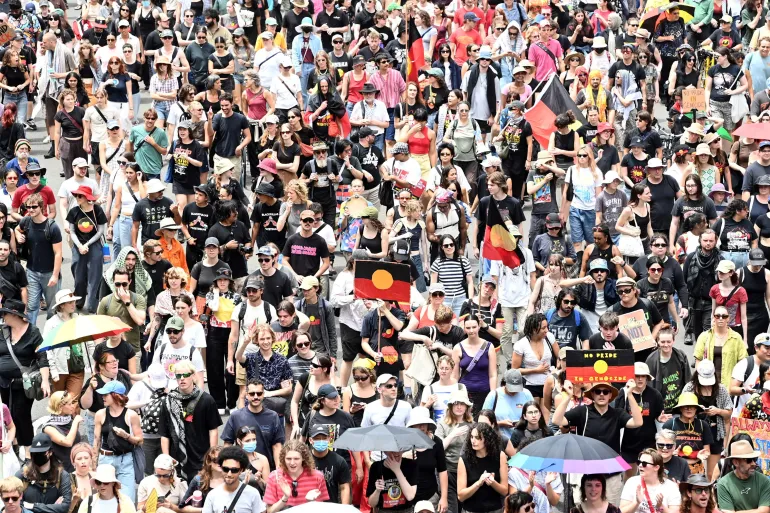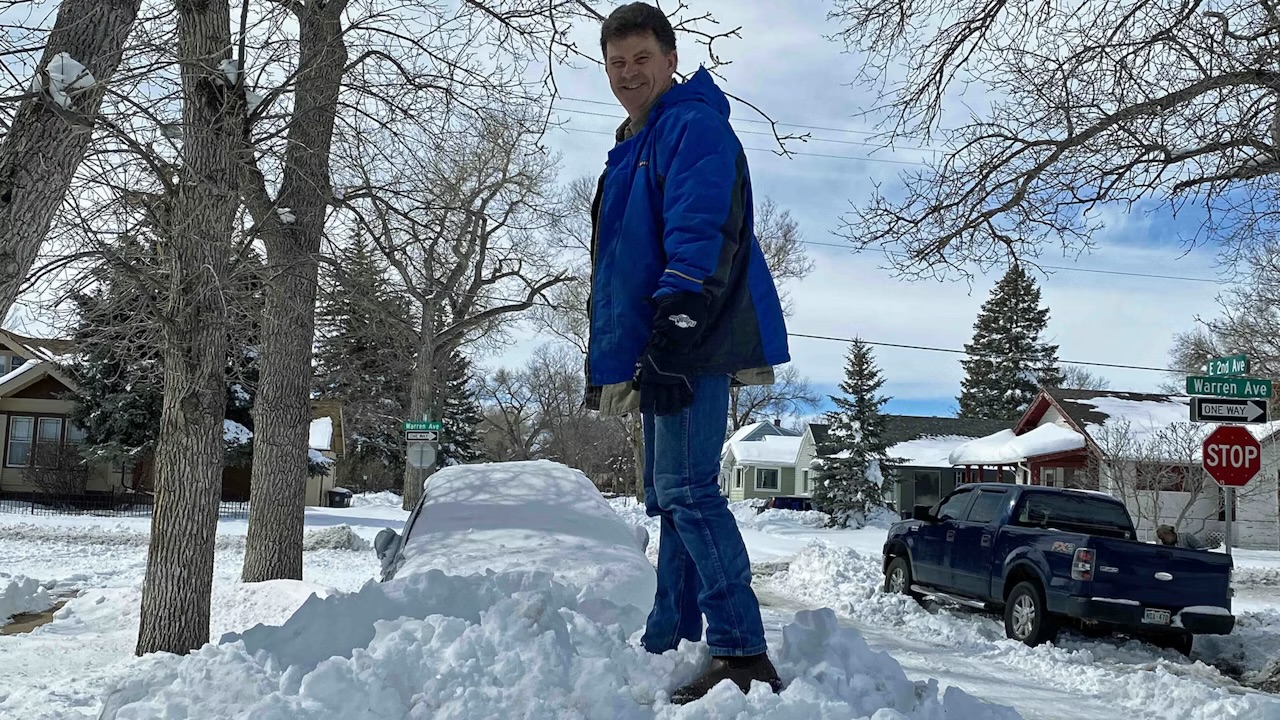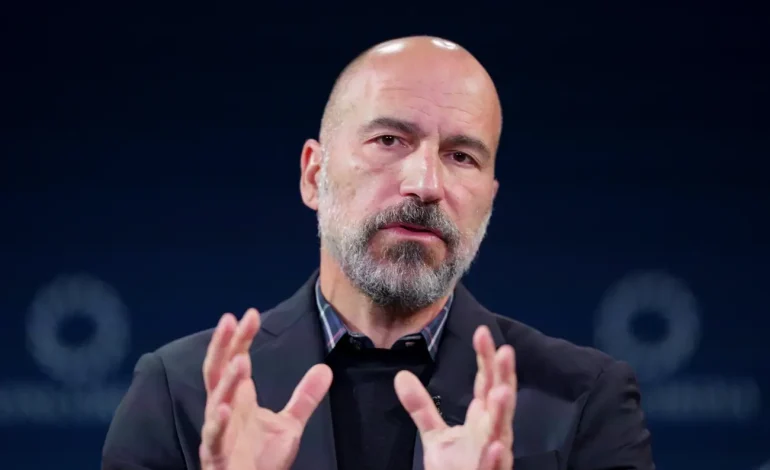Uber CEO Dara Khosrowshahi has expressed interest in partnering with Tesla on robotaxis, but Tesla is choosing to go its own way—for now, Business Insider reports.
Speaking at the Future Investment Initiative conference in Miami, Khosrowshahi said that while he has had discussions with Elon Musk, Tesla remains focused on developing its own autonomous ride-hailing network.
“I’ve had conversations with him. At this point, they want to build it alone,” Khosrowshahi said. “Life is long, but we would love to partner with them.”
Musk has long envisioned a standalone network of self-driving Teslas, allowing owners to add their vehicles to a ride-hailing fleet similar to Uber or Airbnb. Tesla introduced its Cybercab robotaxi in October, with plans to launch in Austin this June. Unlike Uber, which collaborates with Waymo and other AV companies, Tesla is working independently to bring its autonomous vehicle (AV) vision to life.
Despite this, Khosrowshahi suggested the door remains open for Tesla to join forces with Uber.
“It makes a lot of economic sense for Tesla drivers to use Uber as a platform,” he said.
Khosrowshahi emphasized that Uber provides demand for AV fleets, which often experience fluctuating usage patterns.
While Tesla is determined to build its own fleet, industry analysts have raised concerns about the challenges it may face without a partnership.
A Jefferies research note published after Tesla unveiled its Cybercab highlighted the complexity of scaling a robotaxi business, citing hurdles such as:
- Technology development
- Fleet management
- Regulatory approvals
- Demand generation
Jefferies analysts noted that Tesla could struggle to scale its fleet operations without tapping into the existing demand available through platforms like Uber and Lyft.
Independent analyst Dan O’Dowd, a vocal Musk critic, contrasted Tesla’s approach with Waymo’s existing success in the robotaxi market. He stated that until Tesla is transporting 100,000 paying customers weekly in major cities, its robotaxi ambitions remain unproven.
Uber has been under pressure from investors to expand its autonomous vehicle strategy, particularly as competitors like Waymo and Tesla move forward.
The company has been actively working with Waymo, offering robotaxi rides on the Uber app in Austin, Phoenix, and Atlanta. However, Waymo has also expanded independently, as seen in its Miami launch, which led to a 10% drop in Uber’s stock in December.
Uber also faced investor concerns when its AV partner Cruise—backed by General Motors—shut down operations, causing another stock dip. In response, Uber’s CFO Prashanth Mahendra-Rajah reassured investors that Uber remains a key demand aggregator for AVs, working with partners like:
- Waymo (Alphabet-owned AV company)
- Aurora Innovation (Self-driving tech firm)
- BYD (Tesla’s Chinese EV competitor)










The latest news in your social feeds
Subscribe to our social media platforms to stay tuned